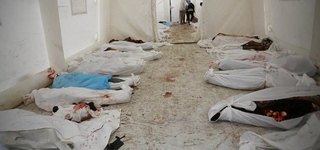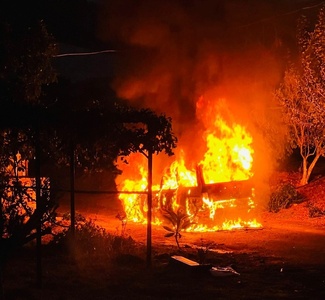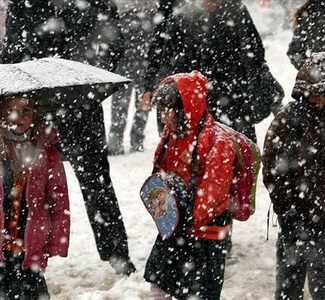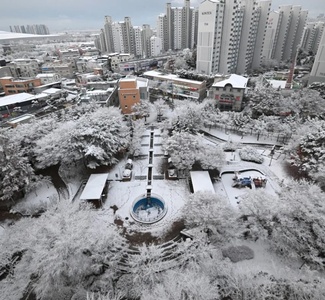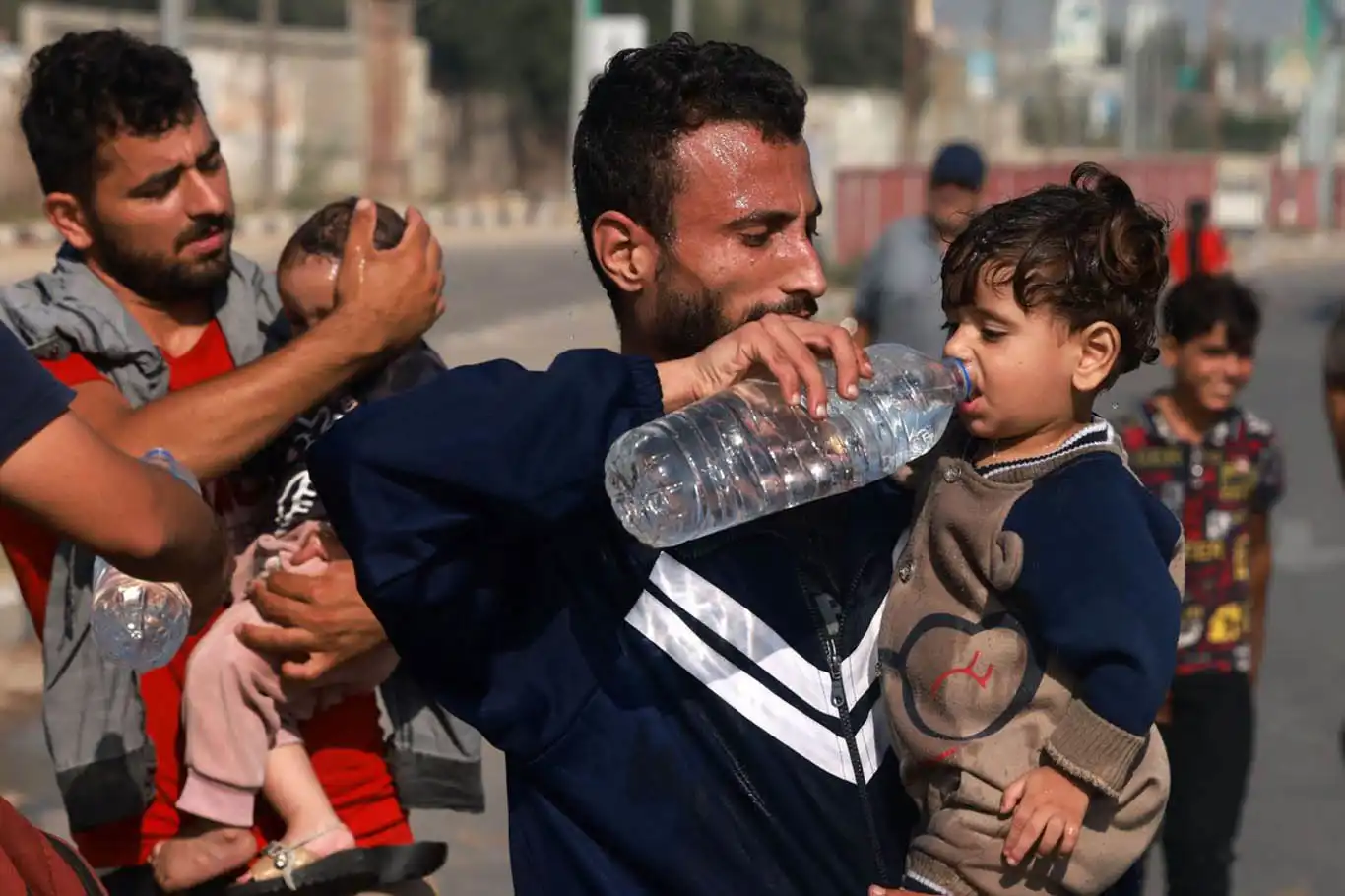18 million people in Yemen cannot access clean water and sanitary services
At least 17.8 million people lack clean water and sanitation in Yemen the UN said, where 24 million people are in humanitarian need.

 Google News'te Doğruhaber'e abone olun.
Google News'te Doğruhaber'e abone olun. 24 million people need humanitarian aid in Yemen while 17.8 million of them cannot access clean water and sanitation services.
The risk of cholera and diarrhea is increasing among those people who are deprived of adequate sanitation.
109 thousand cases of cholera have been reported in the country in two and a half months according to data from the United Nations Office for the Coordination of Humanitarian Affairs [OCHA].
The situation in question is a door to the emergence and spread of many diseases in the country.
Two years after Yemen suffered its worst cholera outbreak, the number of reported suspected cases of cholera and acute watery diarrhea spiked in recent weeks.
Data collected by the Ministry of Public Health and Population with the support of WHO indicates that 108,889 suspected cases and 190 associated deaths were recorded between 1 January and 17 March. About one-third of the cases are children under age 5.
OCHA's statement on the issue said bottled water in the country is seen as a cleaner water source, but in some regions, the price increased by 45 percent.
"The lack of access to clean water affects not only the health of the people but also the survival of a normal life," OCHA said.
Rashad, a villager Najd Al-Barad, tells OCHA that his village had seen many instances where women had to leave the house to bring water for their family, often leaving babies unattended.
Because the journey is often very long, they would come back to find that their babies had passed away. Similarly, young children are often forced to help their parents carry clean water and every day, and as a result, they often miss school.
Amani is a 9-year old girl from a marginalized group living in Shareef, a village of Alzubia, which has been hit by drought most of the year and is far away from the nearest water well. People use donkeys or travel long distances on foot to fetch water.
Amani told OCHA how she would feel sad seeing young girls wearing school clothes and laughing on their way to school while she was walking long distances with her daily companion, the family donkey, to look for water. "If my family did not need me to collect water every day, I could go to school and prove that marginalized people can study and succeed like the rest of the children."
"My wife and children used to spend most of the day going back and forth carrying heavy buckets and jerry cans filled with water on their heads or on our poor donkey," Abdullah, 50 years-old and father of nine children, told OCHA. He lives in the Najd Al-Barad village, Al-Maqatera district of Lahj governorate, and they did not have direct access to clean, potable water.
"My children could not go to school because they were too busy helping us bring water to our house for our basic needs."
Because men would be busy working most of the day or in other governorates looking for job opportunities, women and children would be the ones carry the burden of walking about three-hour distance to bring the water.
The UN says unexpectedly excessive rainfall this year may be one of the reasons for the spread of cholera. The disrepair of sewage systems and the use of untreated water for irrigation are among other possible reasons.
The ongoing civil war in the country is an important function in the formation of the resulting picture. Because of the ongoing civil war in the country, which is struggling with a lack of food and cleans water, opens the door to bigger problems.
In the last 8 months of 2017, more than one million cases of cholera have been identified in the country and 2,500 people have died of the outbreak. The disease in question is a type of disease that can spread rapidly through drinking water and foods. (ILKHA)































